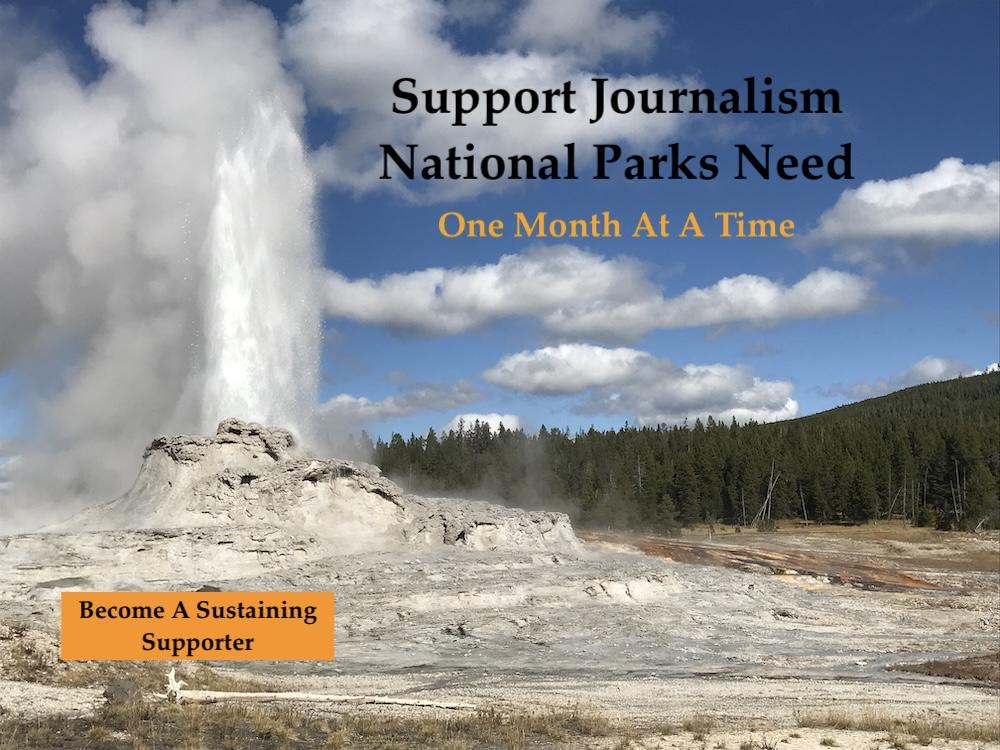In another ruling against proponents of a massive landfill proposed to be located near Joshua Tree National Park, members of the 9th U.S. Circuit Court of Appeals have refused to have the full court hear the case.
Back in November a three-member panel of judges from the San Francisco-based appellate court handed down a split decision that went against the project planned by Kaiser Ventures, LLC. Last Friday the judges rejected a request by Kaiser to have the full court consider its appeal.
“What a relief. Residents of the Morongo Basin depend on a healthy Joshua Tree National Park for our economy, recreation and education," David Fick, a member of the Morongo Basin Conservation Association, said after the ruling was received. "We cannot explain the gratitude we have for the 9th Circuit for providing a reprieve for our Nation’s premier National Park, Joshua Tree.”
The so-called Eagle Mountain Landfill long has been envisioned by Kaiser, which has pursued it for 20-some years and, according to the 9th Circuit's November ruling, has spent upwards of $50 million pursuing it. The problem, according to environmental and park advocate groups, is that the site eyed by Kaiser not only is wrapped on three sides by the national park, but it also would impact land that supports the region's largest and healthiest bighorn sheep herd. Under the proposal, as much as 20,000 tons of garbage a day could be dumped at the site six days a week.
To make the landfill happen, Kaiser needed to orchestrate a land exchange with the U.S. Bureau of Land Management, which owns land that surrounds an old iron ore mine that Kaiser operated from 1948 until 1983. Twenty years ago Kaiser approached the BLM with the land swap proposal, offering 2,846 of its acres for 3,481 BLM acres. In 1997, the BLM issued its final environmental impact statement on the swap and issued a record of decision, which triggered the legal battle that continues to this day.
In their November ruling, which sent the matter back to U.S. District Judge Robert J. Timlin's courtroom, two of the three judges:
* Agreed with the district court's decision that the BLM had inaccurately appraised its lands for the swap. While the BLM's appraisal did not consider the value of the acres as a landfill, the appellate court said it should have in determining the actual value for the exchange.
* Agreed with the district court that the BLM did not thoroughly consider alternatives to the landfill as proposed by Kaiser, but rather "adopted Kaiser’s interests as its own to craft a purpose and need statement so narrowly drawn as to foreordain approval of the land exchange."
* Reversed the district court's finding that the BLM failed to adequately address impacts to bighorn sheep posed by the proposed landfill.
One of the options facing Kaiser after that ruling was to request that the 9th Circuit convene en blanc to consider the matter. That was the request turned down Friday.
Larry Charpied, who owns and operates a certified organic jojoba farm about 2 miles from the proposed dump, said the latest ruling was justice served.
"Justice for the wildlife, which this dump would have decimated. Justice for Joshua Tree National Park, whose scenery and tranquility will now be protected, said Mr. Charpied. "And justice for the American taxpayer, whose priceless natural heritage would have been needlessly sacrificed for Kaiser’s corporate profits.”
At the National Parks Conservation Association, a plaintiff in the case, Seth Shteir said the landfill was an "ill-conceived development proposal" that "could have impaired park resources and wildlife that make Joshua Tree so invaluable to local communities."
“This most recent action by the U.S. 9th Circuit Court underscores that Joshua Tree National Park is far more valuable than a garbage dump; and that by protecting it, we protect more than 700 jobs and millions of dollars in local economic activity,” added Mr. Shteir.


 Support Essential Coverage of Essential Places
Support Essential Coverage of Essential Places






